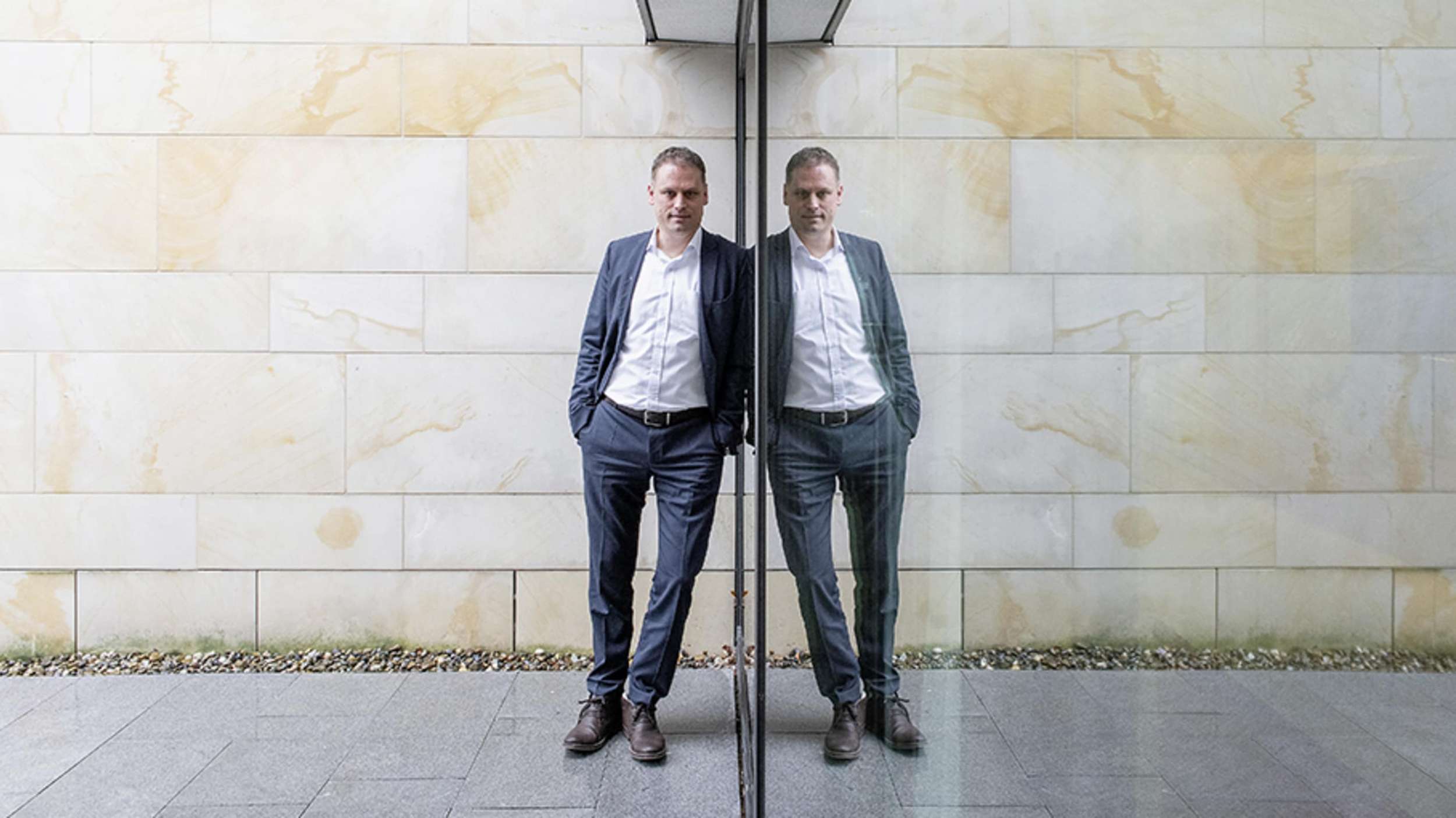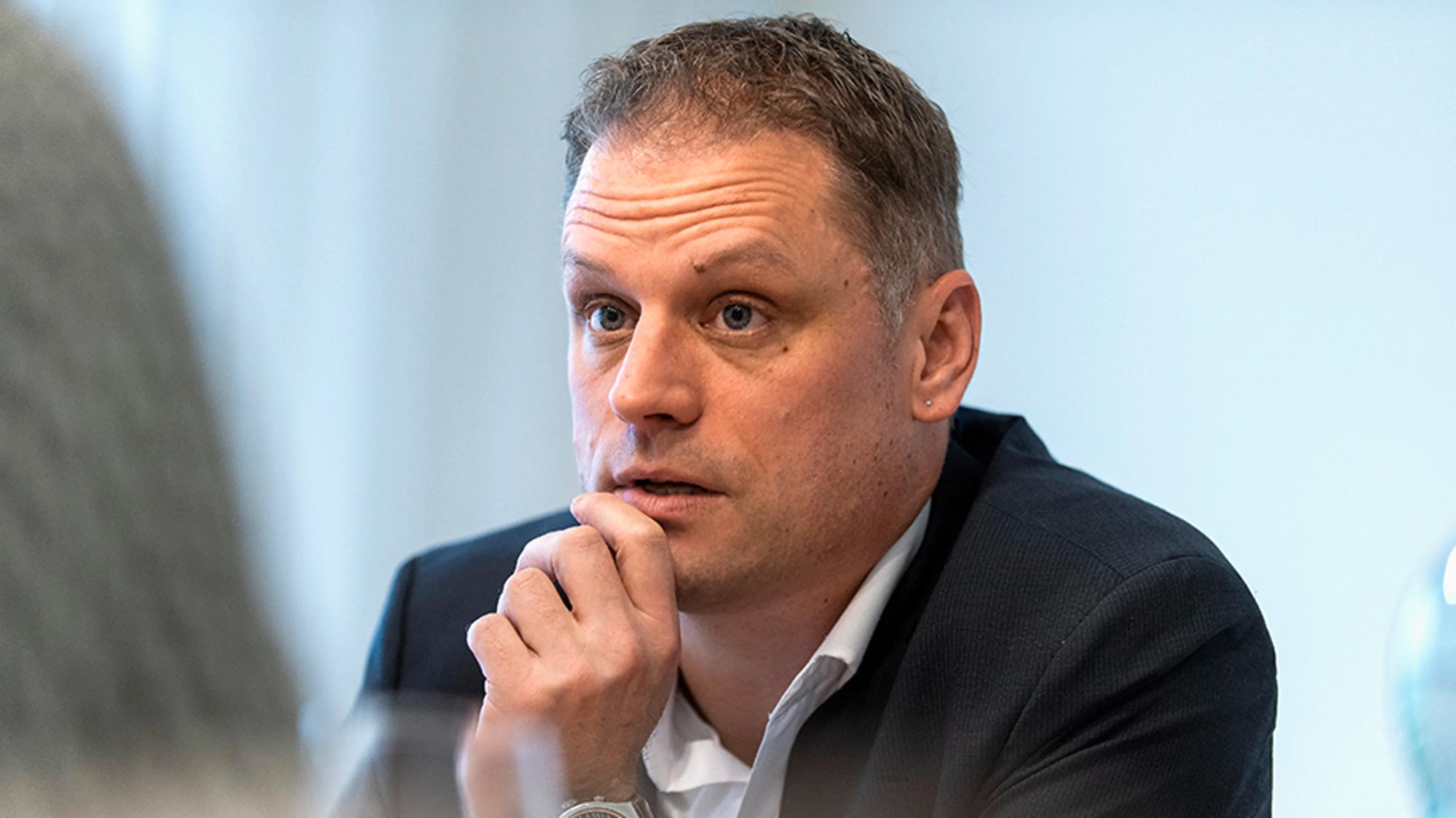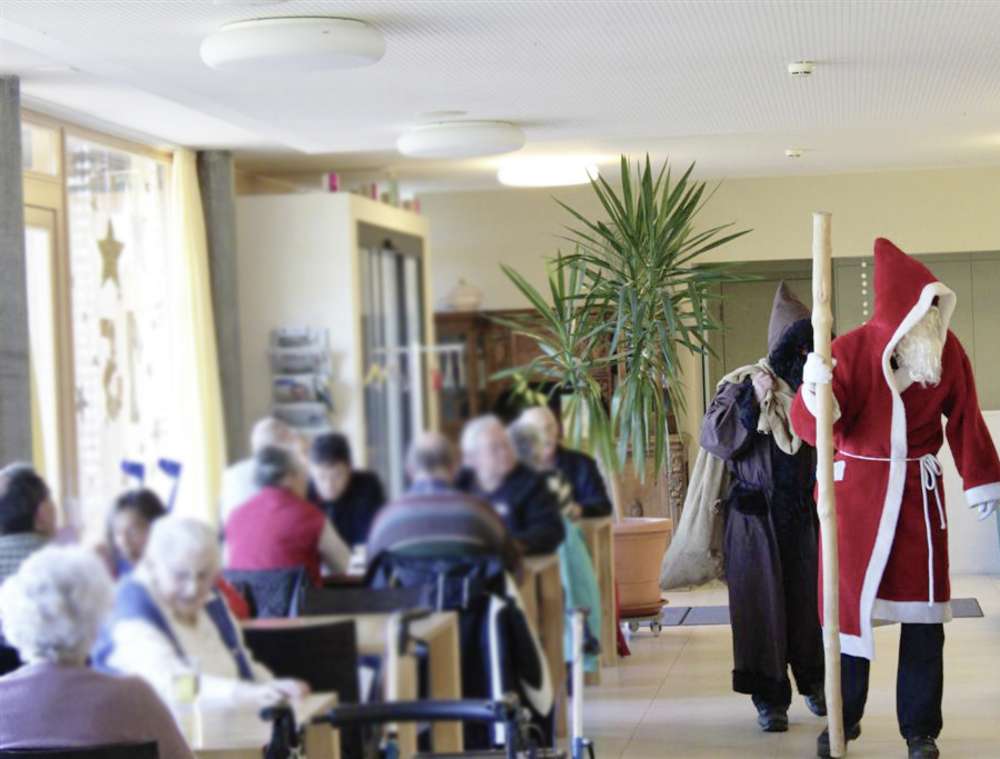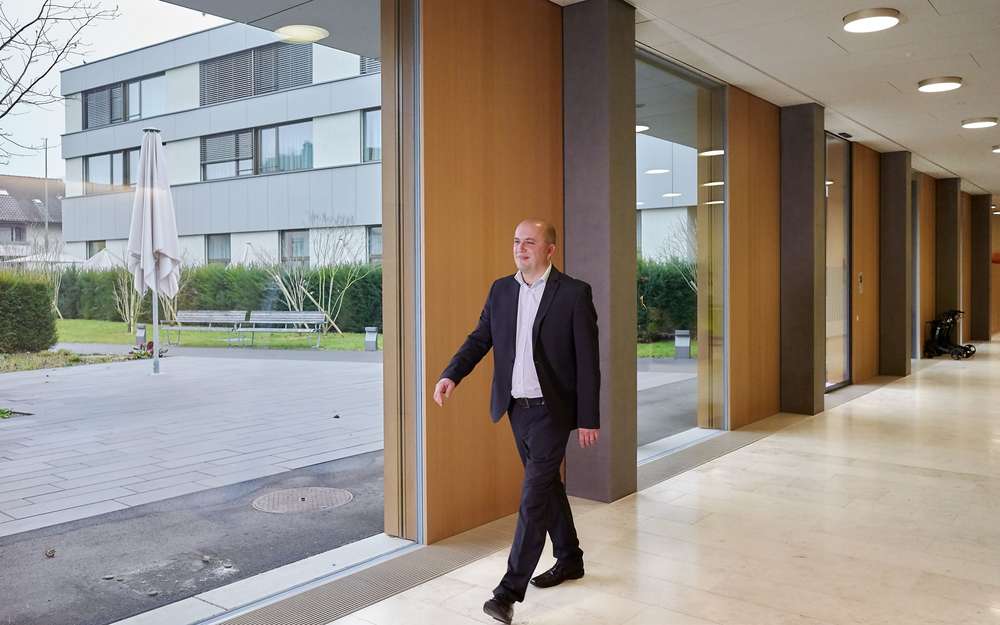Story Detail
The digital documentation assistant
The nurse’s station at the Tertianum residence in Zurich’s Enge quarter is not yet fully paperless. But with the introduction of the careCoach digital care documentation system, Project Manager Simon Weiss and the on-site staff have moved one step closer to achieving this goal. «Although we were already using digital documentation before this, the new system has made several things even better,» explains Brigitte Selm, Director of Nursing and Care Services. «With careCoach, our employees can also dictate their reports, for example. This keeps their hands free, saves time, and is easier than typing up everything. And we now have to think more about how we handle our documentation, which has brought about a lot more clarity.»
Of the 77 Tertianum sites, 60 have already implemented the new documentation system in the last two years. These sites are in German-speaking Switzerland and Ticino. In 2019, Simon Weiss will be travelling to the French-speaking part of the country more often. «We will be implementing careCoach at the remaining locations here,» Weiss is excited to report. And he has every reason to be happy: getting a long-term project of this sort running smoothly, with all of its technical, HR, and organisational challenges, is no easy task – especially considering that Weiss, who has a background in business management, knew very little about the nursing profession when he first joined Tertianum. «Before I started the project, I had spent 15 years working for a bank,» explains Weiss. «To understand what the core business of my new employer actually entails, I spent several days shadowing the nurses in the nursing department. It was very interesting and informative. Knowing how things work in practice was a big help for me in my work as a project manager.»
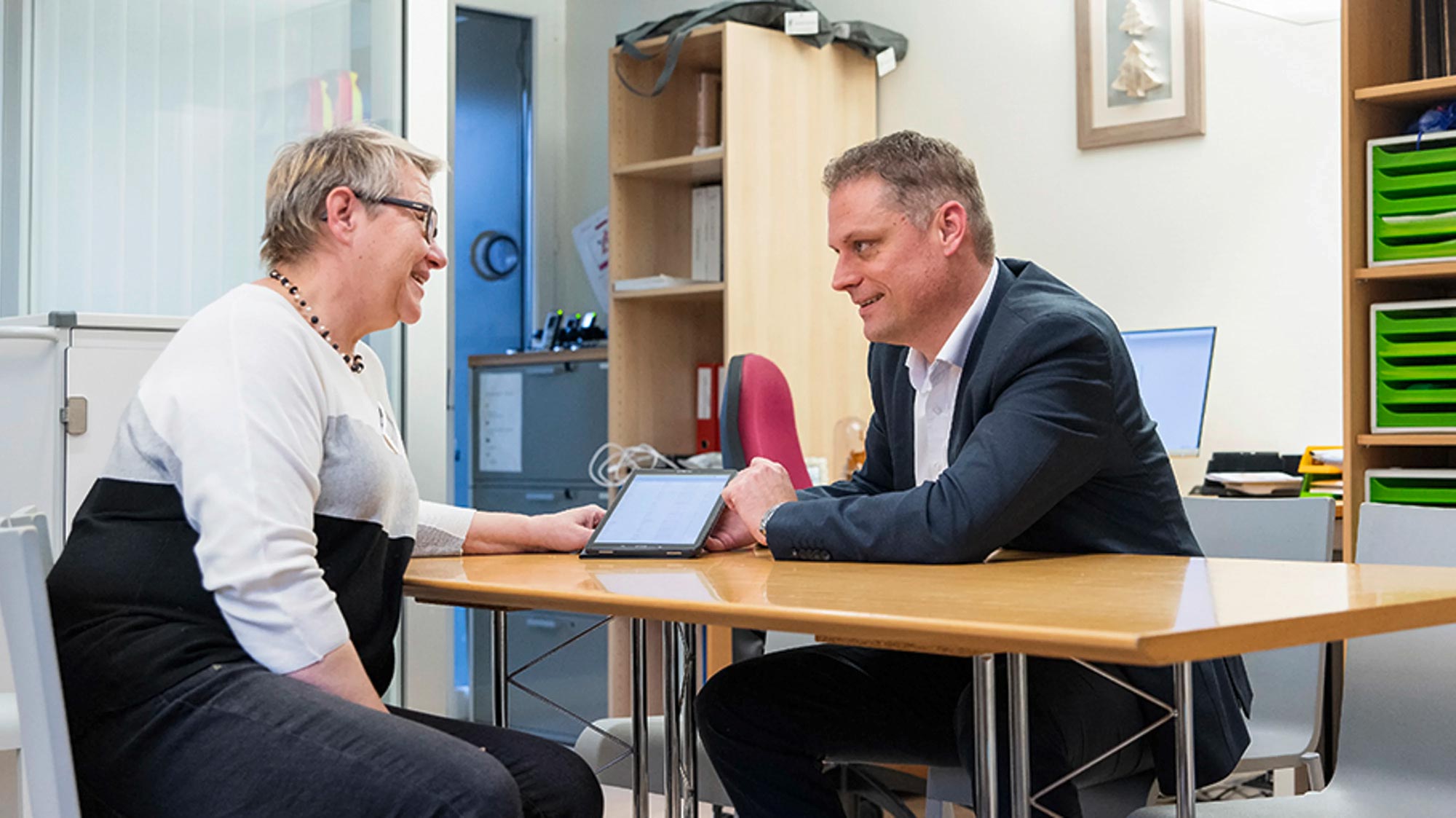
Tertianum offers both long-term care and Spitex home care at many sites. In the case of long-term care, services are documened precisely to ensure consistently high-quality nursing care for the guest as well as for the insurance company. With Spitex, there is also a focus on time tracking. «One major benefit of the careCoach system is that it supports both approaches,» explains Weiss. «In addition, the application was developed by nursing staff and, as a result, is able to meet day-to-day requirements as well. But because not everything works the same way everywhere, we can customise our system and accommodate the particular needs of each individual site. Another key benefit.»
All this made adopting the system an easy decision and one that was supported by both Tertianum and SENIOcare, which was incorporated into the company in 2016. The aim of Swiss Prime Site and its group company Tertianum was to ensure even better compliance with legal requirements. This means that the company will also be prepared to handle electronic patient files, which will be introduced throughout Switzerland in 2020. The system is also helping to implement the quality management system in nursing processes, to give procedures a consistent structure, to promote transparency, and thus to enable centralised controlling. All of this is also intended to ensure that guests receive the maximum quality of care.
The first sites have been using careCoach for the past two years now. Have they been able to meet their goals here already? «The system has definitely allowed us to shift the focus back to the nursing process,» says Weiss. «The nursing staff discuss their work with each other more frequently. At several locations, this has certainly helped to improve the level of quality even more. In general, it could be said that the centres that were already exemplary in terms of their documentation practices have continued to be so, now with the help of mobile devices. In places where there were originally some issues, careCoach has resolved them by helping to improve communications and controlling.»
The first Tertianum centre to work with careCoach was Casa Fiora in Zizers, Graubünden. Why there and not the centre in Zurich Enge, where we are right now? «First, we thought about how we were going to plan the introduction. With a «big bang» at all sites? Or in stages, one Tertianum location at a time? It quickly became clear that we would have to proceed in stages to carry out the project properly, to train the staff, and to respond individually to the challenges at the different centres,» explains Weiss. «Then the question was, of course, where do we begin? To some extent, we made this decision based on priority, and started by setting up careCoach at the centres that were still using paper-based documentation. During a second phase, we migrated the sites that were already using digital documentation, but with different systems.»
One major advantage of this gradual approach also initially posed a challenge, namely that what we learned during the migration could be applied right away. At Casa Fiora and the other sites that adopted the system early, this meant having to periodically go back and make more modifications. The centres that were migrated later benefited directly from the cumulative experience. But the bigger challenge was first setting up the technical infrastructure. «Many locations still did not have a separate, secure wifi network for internal operations. More computers were needed as well. And then there were all of the mobile devices that had to be configured.» Tertianum provides around 1 000 smartphones and tablets to its employees for the purposes of digital documentation. «What’s great about careCoach is that data can also be saved on the device offline. When it’s reconnected to the network, everything is synchronized automatically,» says Weiss, elated. And he’s not the only one. The staff say the system saves them work. «Digital documentation is a prerequisite, or at least one compelling reason, especially for job applicants,» says Weiss. «After all, young people want a modern working environment.» And what do health insurers think about careCoach? «They’re pleased with this state-of-the-art, precise documentation, of course. The better the documentation is, the easier it is for insurers to monitor the care categories for our guests. Consequently, correct and comprehensive documentation also has a positive effect on the profitability of the Tertianum Group,» explains Weiss. Ultimately, it is of course the guests themselves who benefit from careCoach. Good documentation ensures that staff have what they need to care for each guest individually. Most importantly, however, it helps the nurse to focus their attention on the person instead of having to deal with tedious administrative tasks.
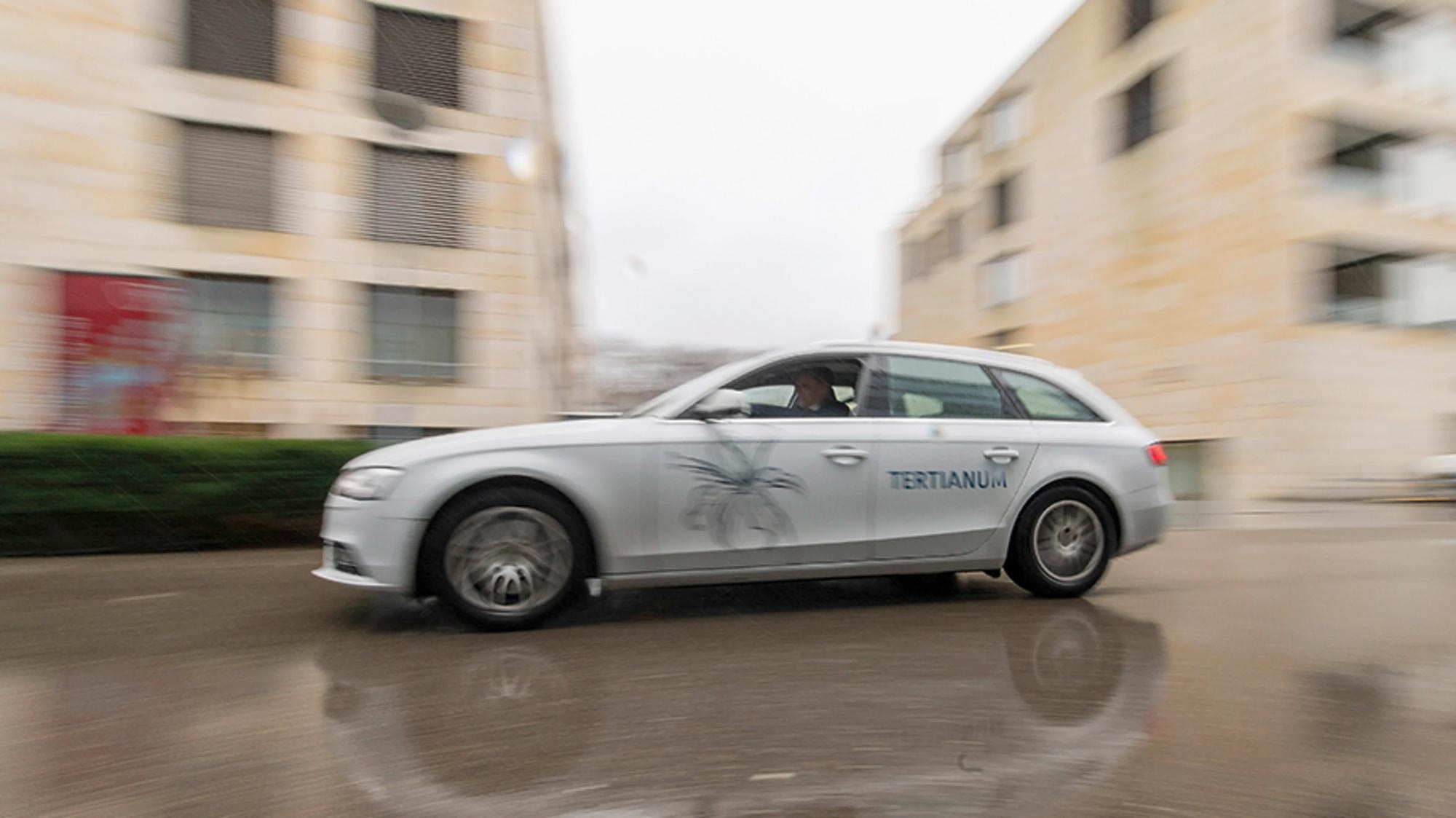
So, is everyone happy with the outcome? For the time being, yes. There have not even been any problems with regard to sensitive data privacy issues. The data is stored securely on Tertianum’s servers in Switzerland, and not just in some cloud. Simon Weiss will be wrapping up an exciting project in 2019. He already sees the introduction of careCoach as a complete success and feels confident that the migration of the remaining Tertianum locations in French-speaking Switzerland will run smoothly as well. Things won’t get boring afterwards either, as innovation and digitalisation will remain a hot topic in this future-oriented market – and Tertianum is certainly no exception.
